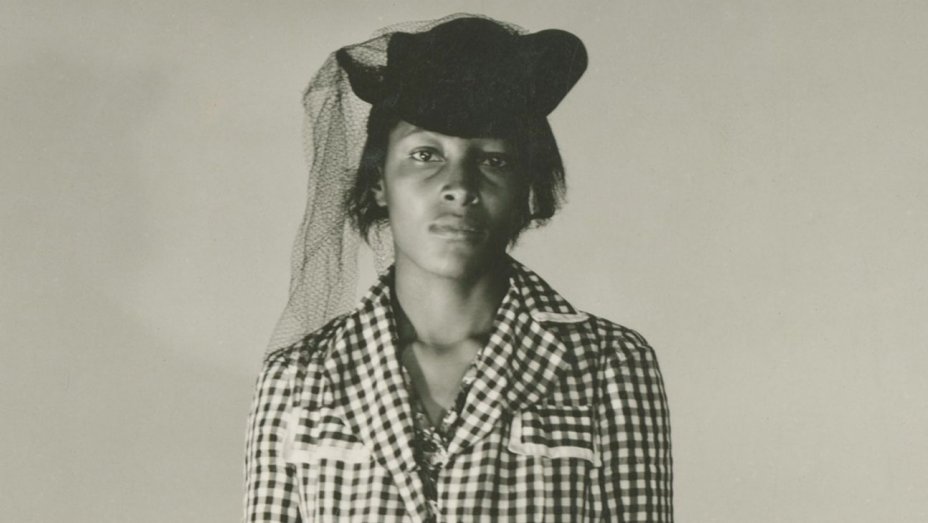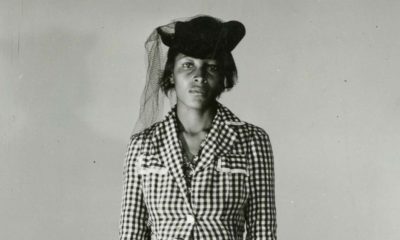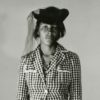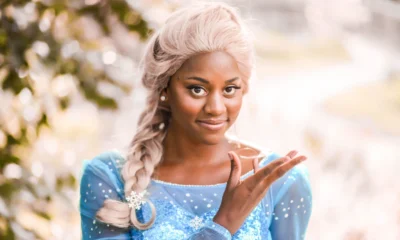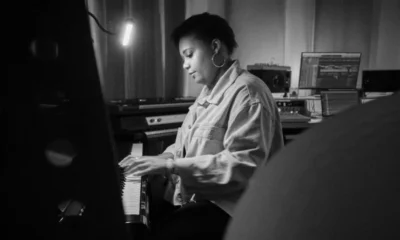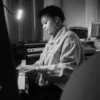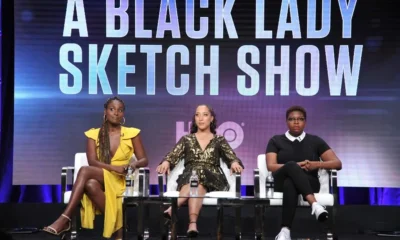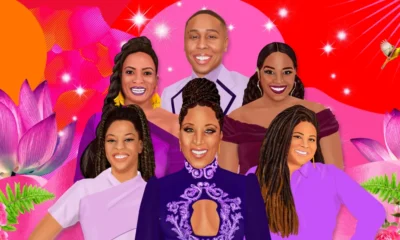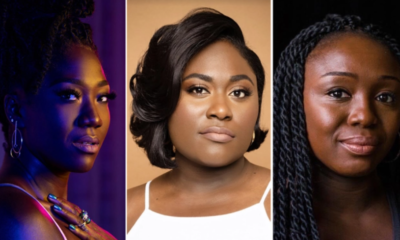Black Women in Entertainment
‘The Rape of Recy Taylor’: Film Review | Venice 2017
Documentarian Nancy Buirski traces this shameful 1944 incident and the legal fiasco that followed, honoring a woman of color who dared to speak out after being sexually assaulted by a group of white youths.
The plaintive voice of Dinah Washington singing “This Bitter Earth,” backed by the mournful strings of Max Richter’s “On the Nature of Daylight,” is heard over disturbing images from an early 20th-century race movie that show a terrified black woman running for her life. That opening brings a powerful emotional charge that resonates throughout The Rape of Recy Taylor. With lucidity and deep feeling, Nancy Buirski’s documentary maps an ugly trail of injustice and then widens its lens to pay tribute to the women of color whose refusal to be silent helped drive the evolution of the Civil Rights movement.
The case that supplies the title and the narrative spine of the movie is one of countless like it in the Jim Crow South. Recy Taylor was a 24-year-old African-American married sharecropper with a baby daughter, living in Abbeville, Alabama, when she was abducted while on her way home from church in 1944 by seven white local youths with a gun. They loaded her into a car, drove her to a secluded place in the woods, ordered her to strip, and then six of them took turns raping her. They released her four or five hours later that night, warning her that there would be consequences if she reported the incident.
Those harrowing events are recounted with hurt and indignation that remain raw more than 70 years later by the victim’s sister, Alma Daniels, and younger brother, Robert Corbett, who was practically raised by Recy after their mother died young.
Given that Recy recognized at least some of the rapists from around town (the group was aged roughly 14-18), they were easily identified and brought in for questioning by a sheriff with strong ties in the community, including to the youths’ parents. While there was no record of the Taylors ever having been in trouble with the police, early reports falsely identified Recy as a prostitute. As a result of the gang rape being reported, the family’s home was firebombed and Recy’s father slept in a tree out front with a loaded rifle, to guard against further repercussions.
Via impassioned interviews with Yale scholar Crystal Feimster and nonfiction author Danielle L. McGuire, whose book At the Dark End of the Street was the inspiration for the movie, Buirski provides rich context. The legacy of slavery remained so ingrained in the South that many white boys were taught by their fathers and grandfathers to view sex with a black woman as a rite-of-passage, consensual or not. According to the plantation attitude still somewhat prevalent then, black women’s bodies did not entirely belong to them. In rural towns especially, they had to be careful to walk on well-lit streets and avoid going out alone at night.
Another trenchant point is the heartbreaking powerlessness of men like Recy’s husband and father, prevented from seeking their own justice by the certainty of violent, perhaps fatal, reprisals.
The outcome of the hearing before a jury of white locals will surprise no one, but the film provides fascinating detail about the tenacious battle waged by organizations including the specially formed Committee for Equal Justice for Mrs. Recy Taylor.
One of the galvanizing forces working in her corner was Rosa Parks. And an invaluable element of Buirski’s film is the light it sheds on Parks’ political work before the event that came to define her, when the weary seamstress in 1955 refused to give up her seat on a Montgomery bus to a white …
Please read original article- ‘The Rape of Recy Taylor’: Film Review | Venice 2017



